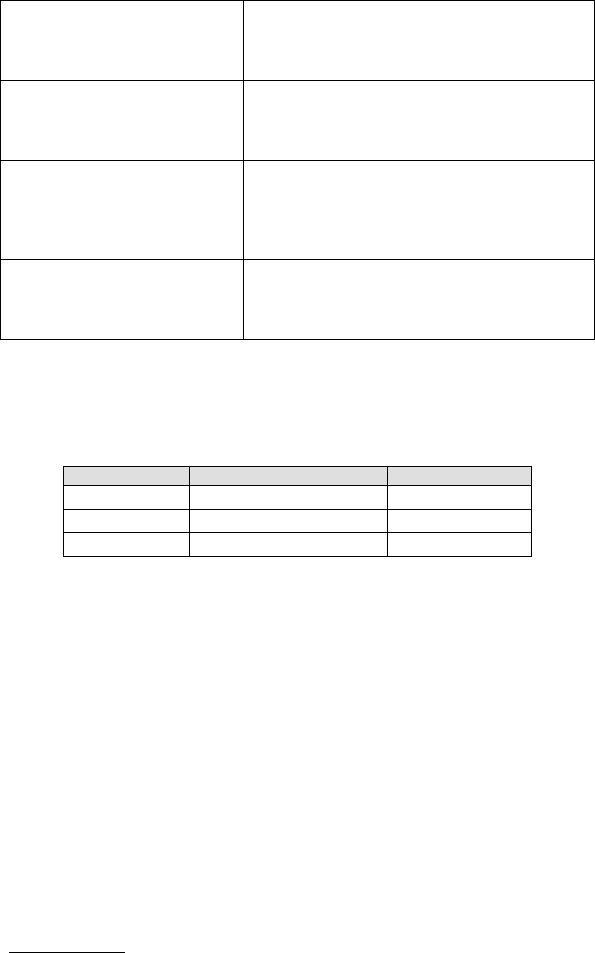
6-7
Here are some sample command statements utilizing some of the
programming tips offered above:
@2,1,1,ENTER ITEM NO Display ENTER ITEM NO on line 2, position 1
and wait for wait for data input. This is a valid
single command statement – it ends with a
data entry request.
@V23@1,2,1,WRONG ITEM Play voice message 23, display WRONG ITEM
on line1, position 2 and wait for data input. This is
a valid multiple command statement – it ends
with a data entry request.
@C1@1,7,0,PICKING Clear line 1. Display PICKING at position 7 of
line 1. This statement is illegal. To be a valid
statement, it must end with a data entry
request. For example:
@C1@1,7,0,PICKING@2,7,1,ITEM
@1,1,1,ITEM@2,1,1,QTY
Since only one command can be a “prompt” data
entry request, this is an illegal statement and
would be ignored as a command. It would be
valid if changed to @1,1,0,ITEM@2,1,1,QTY
Base Station to Host Formats
The basic format of a message that is transmitted from Base to Host is fairly
simple:
Byte position Function Possible values
1 RF Terminal ID 0-9, A-Z, a-z, - =
2+ Data Transmitted **
Last Termination of message CR (ASCII 13)
Typically, the Base Station is sending the “answer” to the hosts “question” -
for example, if a Base sent a host message to a terminal #2 that said:
2@1,1,1,ITEM NUMBER + EOT
The RF Terminal would display ITEM NUMBER on line 1, position 1 and
accordingly, the operator would then enter an item number by scanning or
using the keypad. The RF Terminal transmits the data entered -say it’s 123 -
to the Base Station, which in turn transmits the following to the host:
2123+CR
Where 2 is the Terminal ID, 123 is the data and CR is the termination, (the
plus sign is not transmitted).
Besides data, there are other messages that the Base Station will send to
the Host:
Serial Reply
After a Serial command (@S) has been successfully completed, the Base
Station sends to the Host the Terminal ID followed by a CR. Serial


















